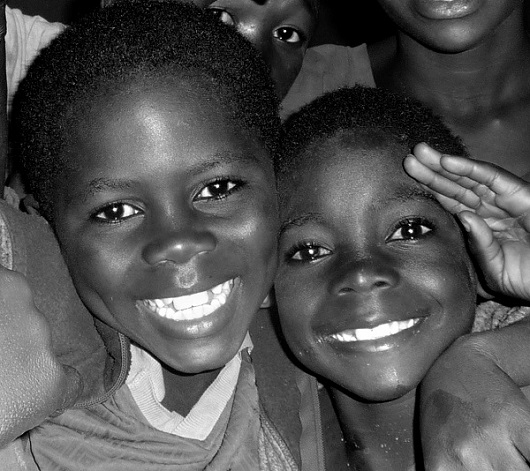Birth gap link to breast feeding

Breast feeding should be considered a natural family planning tool valuable to global women’s health, leading obstetrician Professor William Stones will say at a one-day summit addressing issues of health and development in Malawi and the African region this week (Tuesday December 16, 2014).
Professor Stones will present his Inaugural Lecture, ‘Delivering Women’s Health in the Developing World’, tomorrow (1715 hours in the Lecture Theatre, Medical and Biological Sciences Building, University of St Andrews) as part of a one-day programme organised by the University of St Andrews which is leading innovative work to develop healthcare through partnership with colleagues in Malawi and other low and middle income countries.
For good maternal health it is desirable for births to be spaced by at least two years. Women who breastfeed for six months before introducing solid foods, may delay ovulation and assist in birth spacing. A move on to a contraceptive method by this stage will ensure continued protection.
In his address Professor Stones is expected to highlight recent research showing that total fertility in Malawi has remained high despite a huge uptake in family planning between 1992 and 2010. Zambia and Kenya continue a similar trend. The answer, Professor Stones is expected to suggest, lies in the choice of family planning method adopted; most commonly the injectable contraceptive. Surprisingly, use of the injectable contraceptive method has also been associated with a short birth interval.
These findings cast doubt on the use of injectable contraception as a sole method of increasing the spacing of births and suggest that in Africa there may have been too much emphasis on injectables to the detriment of other choices.
Professor Stones will say:
“A quality family planning service should emphasise a full mix of methods. There is a need in particular to ensure access to long-acting reversible methods such as the coil or implants. Women also need more detailed information about the pros and cons of the various methods, and arrangements must be in place to deal with any problems associated with the particular method. The scope for integration with other aspects of women’s healthcare is considerable.
“Breastfeeding should be considered as an important aspect of women’s healthcare, whether at Claridge’s or on the shores of Lake Malawi.”
Professor Stones will use his address to make the case for women’s health to be recognised as ‘special’; given that female mortality rates are less a matter of uncontrollable disease, but more a matter of social and political will.
Drawing on over 30 years of experience in global healthcare, he will explain that most aspects of women’s healthcare require organised systems rather than quick fixes or isolated interventions.
One organised response to the challenges of global healthcare is the University of St Andrews’ new programme in Global Health Implementation. The one-day summit has been organised to mark its launch. The programme’s immediate aim is to support the development of healthcare infrastructure, professional education and service delivery with partners in Malawi. The programme will also work to identify approaches with wider applicability both regionally and throughout the developing world.
ENDS
NOTES TO NEWS EDITORS
A full programme for the one-day summit is available at: http://medicine.st-andrews.ac.uk/newsItem.aspx?ni=2643
Media intending to attend should contact the Press Office on 01334 462 167
Professor Stones is available for interview. Please contact the Press Office to arrange on 01334 462 167.
Category Research